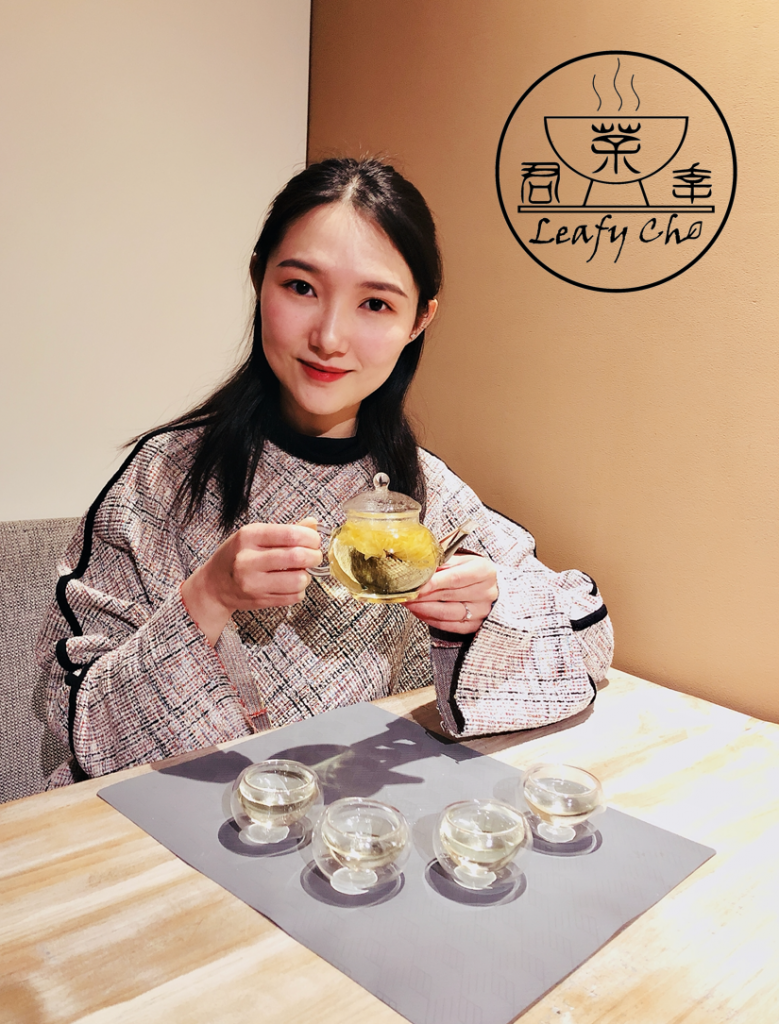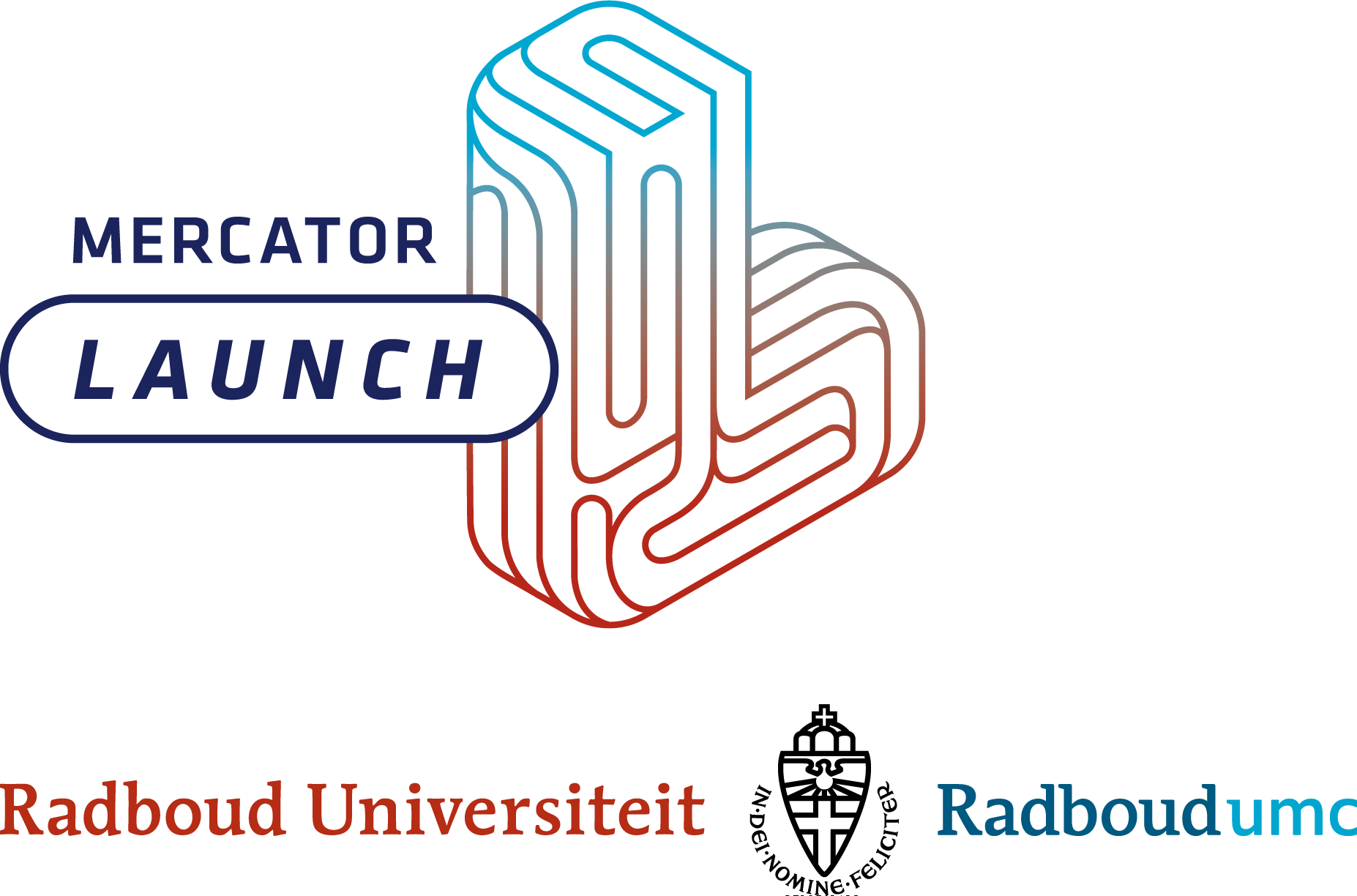
Some already swore by it, others were not such big fans, but last year we all had to start working digitally. Sentences like “you’re muted”, “your camera froze” and “do you hear an echo too?” have turned into classics, almost as input for a non-existent bingo card. At Mercator Launch, we are curious to find out what the benefits and challenges of digital working are according to you!
We sat down with Radboud PhD-candidate and entrepreneur Chen Shen. She founded Leafy Cha, a startup specialized in the relaxing art of traditional Chinese tea rituals, based on the importance of having a healthy work/life balance. How does she embrace digital working and what are her ultimate tips?
How important is creating the right work/life balance for you?
“I have struggled with my work/life balance for many years and I know I’m not alone in this. About 10 years ago, I went to the World Exposition in Shanghai where I attended a traditional Chinese tea ritual. This 15-minute tea ritual really transformed me and I felt like I had found my inner peace. But as always, you lose this ultimate feeling of tranquillity after a while and you go back to your everyday, and sometimes quite stressful, life. Over the years, I was constantly reminded of the experience of that simple tea ritual and how it had helped me find my inner peace in the midst of busy modern life. Last year, when COVID-19 started, I was feeling particularly stressed. I was very anxious about not knowing what would happen after my PhD-contract ended. I thought: it’s time for me to pick up the traditional tea ritual again and really do something with it. It’s now or never. The entrepreneurial spirit in me even made me want to turn it into a business! The fear of not having an income after my contract ended gave me the boost to start working on my idea for this startup and to contact Mercator Launch.
How did the lockdown and working digitally affect your balance?
“In the beginning, my work/life balance was really bad. I could not make the distinction between my work and my private life. Working as a PhD-candidate, writing and perfecting your thesis can be a never-ending process. So, I started working in the evenings as well. Not being able to go to an office really did not help. Separating work and your private life in different physical spaces helps you to create boundaries. When you are, let’s say, at your place of work, this physical location helps you categorise your tasks. And when your tasks are done, you can go home. Working from home makes things more difficulty, because then your work tasks get mixed with your chores at home.”
What do you do to create a healthy work/life balance?
“I try to block time for myself; time for work, time for my chores but – most importantly – time to relax. Organizing my time this way costs a lot of willpower and blocking time for yourself to relax is so difficult. My partner is such a big help in this. What also helps me is my tea ritual. This ceremonial way of drinking tea really puts my mind at ease and makes me feel peaceful. When working on my startup Leafy Cha, I feel relaxed because of the power of inner peace this startup gives me. I have already organised several tea rituals for my family and friends. The first few sessions were difficult but they forced me to take a closer look at my customer segment and reflect on my focus.
Another thing that really helps me create the right work/life balance are my two pet bunnies. They are such a nice distraction; you only have to feed and pet them (but also clean up their living space). They made me realise that life can be quite simple: you just need to eat, poop, sleep and hop. The interaction I have with those bunnies made me realise that I have a very fulfilled life. Less is more. That is, coincidentally, the core of my tea ritual. The simplicity of just drinking tea. Tea with no additives, nothing artificial and no excessive stimulation. There is a real ‘pandemic’ of overstimulation going on these days, with sounds, lights, pressure of performance, etc. This small cup of warm tea has the power to make you reflect and regain focus on all the good things in your life. So simple, yet so powerful!
Also, I try to do yoga every day… but it almost never happens. When I am working, I block my work time like this: 25 minutes of focus for writing or reading and then I take a 5-minute break for some stretches. After 2 hours I take a longer break of 15 minutes and try to do some yoga. I am really trying to form good habits and I use a nice web-app, Marinara, that helps me do this. It gives you feedback data about your focus and your relaxing periods, this really helps me to structure my day!”
Why do you think creating the right balance is so important?
“Reducing your stress in general is very important. A while back I saw a book that was called ‘Do less’. The book basically describes two main concepts: busy and productive. They are two different things. If you’re busy you could be putting in all the hours but you might not finish all of the tasks. If you sleep well and take enough time to relax, chances are that you will be productive. You may not even need to make all the hours to achieve the same results. It is important to regularly look at your mental and physical health. Work/life balance has to be a belief, a habit. When you’re happy and healthy and have created the right balance for yourself, everyone can be productive!”
How do you feel that other PhD-candidates are coping with stress?
“According to a survey done by Nature, more than one-third of their respondents (36%) said that they have sought help for anxiety or depression caused by their PhD studies. In my perspective, there is not a lot of help available for international PhD-candidates. And within the international PhD-group, there is even a lack of knowledge on how to find that help. Many PhD-candidates are engaging in team sports, which is a good thing. Peer support is always important, so I’m hoping a lot of people are getting that. Occasionally, some of us take walks together. I am hoping the introduction of my tea ritual can also play a small positive part in this process of creating a better work/life balance for PhD candidates.”
What ultimate tip would you have on creating a healthy work/life balance?
“Be happy with what you have. Realise it and focus on that. It really helps me to take a look back and see what I have already accomplished. And you might just find out that you have already done a LOT! This is more helpful and healthy than to only focus on what still needs to be done.
And, very important: do not compare yourself to others, only look at improving yourself. If you are a better you today than you were yesterday, that is improvement!”
Need more tips on how to improve your work/life balance?
Contact us!